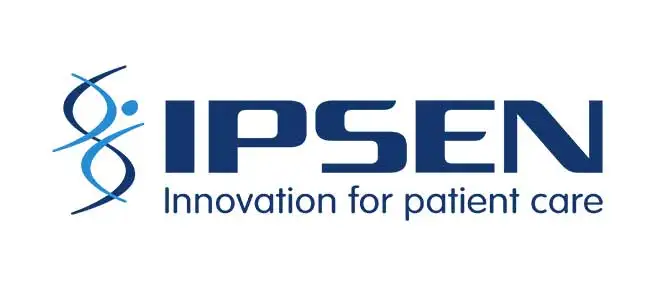How well does the medicine, cabozantinib, work for kidney cancer patients who have already received treatment? - Ipsen

May 2025
Summary
Understanding how people with advanced kidney cancer respond to different medicines helps doctors choose the right medicines for patients. In this study, Ipsen analysed the effectiveness of the medicine cabozantinib in patients with advanced kidney cancer who did not respond well to their initial treatment. The study found that cabozantinib was an effective medicine for treating patients with advanced kidney cancer. This finding will help guide doctors’ decisions about the best treatment options.

What was the health issue?
Kidney cancer is the 6th most common cancer in the UK, with over 10,000 new cases per year. Advanced kidney cancer patients often need a second round of treatment with medicines that are different from their initial treatment. Treatment options have changed significantly in recent years, which means there is a limited amount of available data on the safety and effectiveness of certain treatments. Understanding differences in how patients respond to different medicines helps doctors choose the best treatments for each patient, which improves a patient’s cancer care, survival and quality of life.
What were the researchers trying to find out?
In this study, known as CARINA, researchers at Ipsen, in collaboration with hospitals and universities across the UK, investigated whether the medicine cabozantinib was an effective second line treatment, compared with other medicines, for treating patients with advanced kidney cancer. This study also evaluated how the type of medicine received in the first round of treatment affected outcomes in the second round.
Why did the research require the use of health data?
It was important that the findings of this study could be generalised to cancer care pathways across the NHS. The study therefore encompassed a large number of patients over a seven-year time period in multiple locations throughout the UK to remove any bias and to be representative of different patient groups. To carry out this study, researchers accessed anonymised hospital and prescription records which included information about patients’ medical histories, including treatments, how long treatment lasted, and the outcomes of their treatment. It would not have been practical to obtain the amount and depth of this required information using any other methods than analysing population scale health data.
How was the research done?
The study used anonymised data from hospital and prescription records of 281 patients, aged 18 or over, with advanced kidney cancer who were treated in specialist cancer centres across the UK. These records spanned from April 2015 to June 2022. Cabonzantinib outcomes were compared between different medicines used in the first round of treatment and against other medicines taken in the second round of treatment.
What did the research find?
Overall, patients who took cabozantinib lived for an average of 15 months after starting treatment, with the results suggesting cabozantinib is an effective second treatment option for patients regardless of which type of medicine they had received as a first treatment. The research also found that patients were treated with cabozantinib longer than those on other medicines approved to treat advanced kidney cancer. This may be because cabonzantinib is used with patients with more severe disease.
Why do the results matter?
Understanding how patients respond to different types of medicines is vital to improving health outcomes and ensuring the best available treatments are given to patients. The findings of this study will therefore be useful to doctors to help guide decisions about further treatment options for advanced kidney cancer after other medicines have not worked.
Further information
This case study has been adapted from a clinical study titled: Real-world treatment sequencing and outcomes with cabozantinib after first-line immune checkpoint inhibitor-based combination therapy for patients with advanced renal cell carcinoma: CARINA study results.
Glossary
Anonymised data: data where personal information has been removed so that individuals cannot be identified. This process ensures privacy and confidentiality, making it safe to use the data for research or analysis without revealing who the data belongs to.
Data sources used:
• Electronic prescribing records: system to track patients’ medicine prescriptions, often sent from GP or other healthcare providers directly to pharmacies.
• Hospital medical records: track treatments prescribed and administered during a patients’ stay in hospital. They also record patients’ response to treatment and survival rates.
Last modified: 29 May 2025
Last reviewed: 29 May 2025